The views expressed in our content reflect individual perspectives and do not represent the authoritative views of the Baha'i Faith.
The prospect of welcoming a new baby boy into the world generally caused celebration in Mesopotamia–but for the local king, known as Nimrod, the impending birth of Abraham was a nightmare.
The Baha’i teachings outline the story this way:
Among the Prophets was Abraham, the Friend of God. Ere He manifested Himself, Nimrod dreamed a dream. Thereupon, he summoned the soothsayers, who informed him of the rise of a star in the heaven. Likewise, there appeared a herald who announced throughout the land the coming of Abraham. – Baha’u’llah, The Book of Certitude, pp. 62-63.
Jewish tradition explains that the rise of a star signaled the birth of a child who would forever change the way religion was practiced. At that time, the primary form of religion throughout Mesopotamia was polytheism, and the gods were worshipped in the form of carved, molded, or sculpted idols. The center of each city-state boasted at least one tall religious tower—a ziggurat— where public religious observances were performed. In addition, most families had household altars adorned with cherished idols.
When a king such as Nimrod was crowned, priests would invoke the blessings of the city’s gods upon him and thereby establish the king’s divine right to rule. The king, in turn, had an obligation to see that his subjects were faithful to the spiritual authority of the priests.
During that time, the close alliance between religion and government was financed through a complex system of agricultural taxation. A certain portion of the crops of the area “belonged” to the gods, which meant that baskets of grain, onions, dates, and other goods were brought to the priests to be acknowledged, measured, and stored. A portion of the collected produce was then redistributed to feed religious or government workers and those who had fallen on hard times. Another portion was used to fund public works projects, such as repairing roads, renovating the king’s palace, mending city walls, and keeping irrigation channels in good order.
When the system worked and the wealth was shared equitably, everyone flourished, the city stayed strong, and the kingship was stable. When war, famine, earthquakes, or other forces impaired the system, the resulting chaos could unseat the king and depose the priests. For Nimrod, the threat of being overtaken by a change in religion would have been as upsetting as hearing battering rams hit the gate of the city; surely nothing good could come of it.
The story of Nimrod and his priests is filled with twists, turns, and surprises. The first big surprise is that Nimrod isn’t at all who he seems to be. He couldn’t possibly have been the ruler of Ur because he had already been dead for centuries by the time Abraham was born. What’s more, the name Nimrod is nowhere to be found in the ancient lists of kings who ruled in various Mesopotamian cities during the time of Abraham. So why is he named as the king who “dreamed a dream?” Is scripture mistaken, or is there something lurking beneath the surface?
According to the Old Testament, the original Nimrod was a great-grandson of Noah and “a mighty hunter before the Lord.” The reference to hunting sounds innocuous, but instead is an idomatic phrase filled with sinister undertones implying that Nimrod hunted men’s souls in an effort to turn them away from God. But, like an appetizer, this tidbit of information is intriguing without being satisfying. To understand Nimrod at a deeper, more mystical level, to unearth his motivation for hunting souls, and to appreciate why, even though he was no longer alive, his name was invoked in connection with Abraham, it is necessary to open the Old Testament and examine a perplexing event in the life of Noah—the Prophet who was Nimrod’s great-grandfather and also an ancestor of Abraham.
In the Book of Genesis, the drunkenness of Noah is described in these terms:
Noah, a man of the soil, was the first to plant a vineyard. He drank some of the wine and became drunk, and he lay uncovered in his tent. And Ham, the father of Canaan, saw the nakedness of his father, and told his two brothers outside.
Then Shem and Japheth took a garment, laid it on both their shoulders, and walked backwards and covered the nakedness of their father; their faces were turned away, and they did not see their father’s nakedness.
When Noah awoke from his wine and knew what his youngest son had done to him, he said, “Cursed be Canaan; lowest of slaves shall he be to his brothers.” He also said, “Blessed by the Lord my God be Shem; and let Canaan be his slave. May God make space for Japheth, and let him live in the tents of Shem; and let Canaan be his slave.”
After the flood Noah lived for three hundred and fifty years. All the days of Noah were nine hundred and fifty years; and he died. – Genesis
At first reading, this story comes across as crude, purposeless, and, with regard to periods of time, scientifically laughable. Moreover, Nimrod’s name is never mentioned (and there seems to be no possible connection to Abraham). At second glance, when some of the underlying meanings are extracted and ancient idioms clarified, it stands revealed as a profound parable about the life-changing choices people make when confronted by a Prophet who reveals divine truths that are difficult to understand and accept.
It also provides the origin of a religious disagreement divisive enough to produce shock waves that reverberated for centuries, eventually engulfing both Nimrod and Abraham.
Get your copy now: Abraham: One God, Three Wives, Five Religions


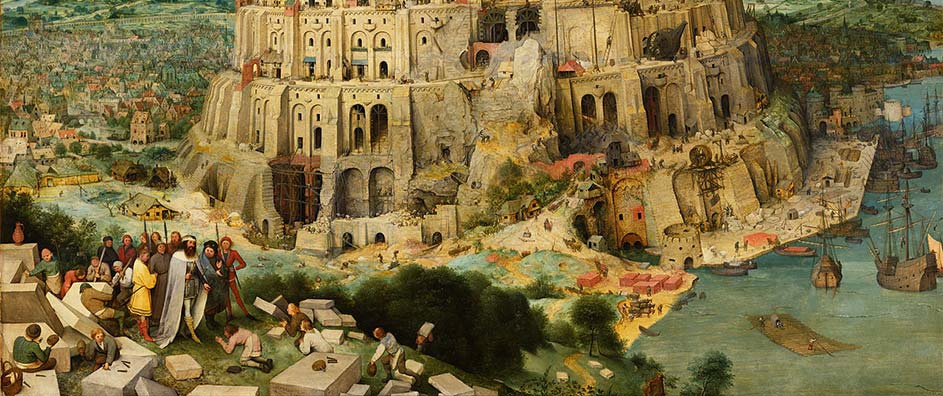
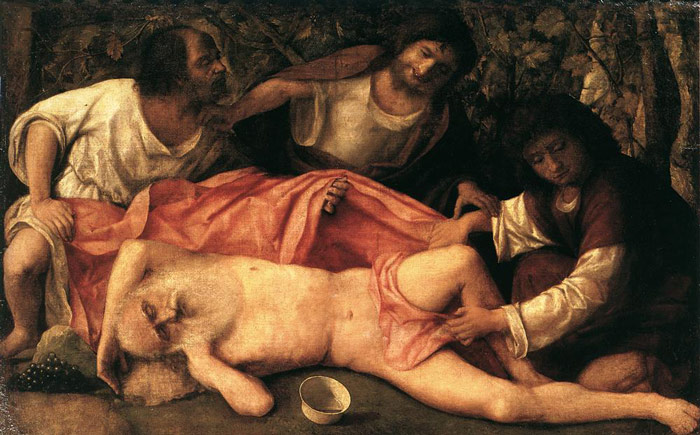

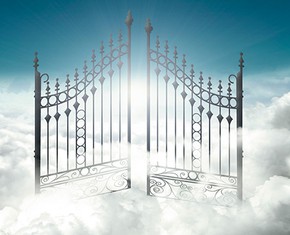
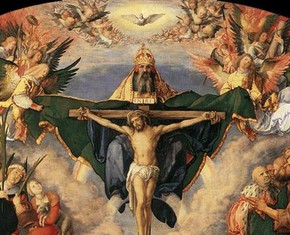
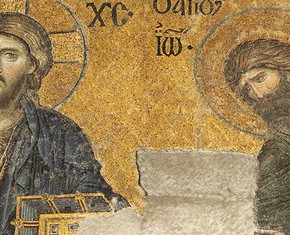









Comments
Sign in or create an account
Continue with Googleor